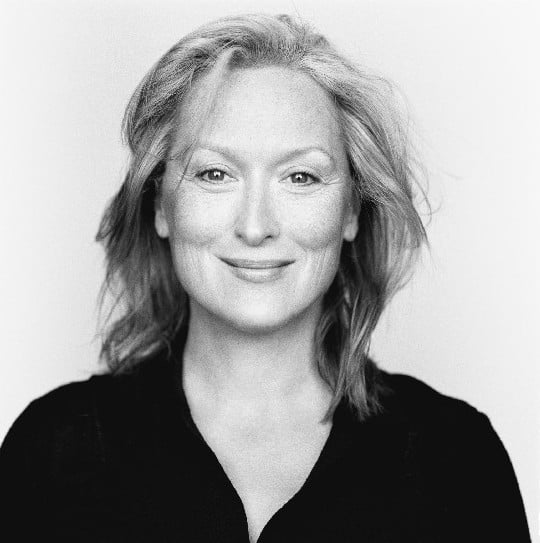
Academy Award winner Diane Keaton is one of Hollywood’s most iconic actresses. And has been for over 40 years. Recently, 69-year-old Keaton published her second book ‘Let’s Just Say it Wasn’t Pretty’. This is an extract from it…
Last summer I was making a movie in Bridgeport, Connecticut, with Rob Reiner and Michael Douglas. I had the day off and decided to take the train into New York City to see my friend Kathryn.
When I got out of the shower I made the mistake of glancing in the mirror. My body, the whole “kit and caboodle,” as my Grammy Hall would have said, is falling. I’ve been aware that it was collapsing since Fiona Lewis, a fellow actress and the wife of producer Art Linson, scared the shit out of me back in the late 1980s when she confronted me at the Chateau Marmont about the way my butt had dropped. She pointed to hers, saying she was heartbroken. Not being a booty a?cionado, I had no idea mine had taken a plunge, nor did I care. I was, however, concerned about my face, and decided to take my friend Candy Bergen’s advice. I went to see Janet Sartin, a renowned cosmetologist. When I opened the door to her private consultation room, I found a gurney in the middle of what looked like the set of Frankenstein, the old one, the one starring Boris Karloff, complete with microscopes, smoking jars, and chemical compounds.
It was all very unexpected, but not as unexpected as Janet Sartin, who put me on the gurney, got down to business, and gave me the bad news. I looked a little “worse for the wear”— that’s how she put it. The multitude of scars on my cheeks from basal cell carcinoma treatments didn’t help. I had dangerously dry skin, she said, and my eyes were drooping. With that, she began massaging me with jolts from some sort of wand. I didn’t remember having made an appointment for shock therapy. As if that wasn’t enough, when I left I looked just as tired as when I’d arrived.
